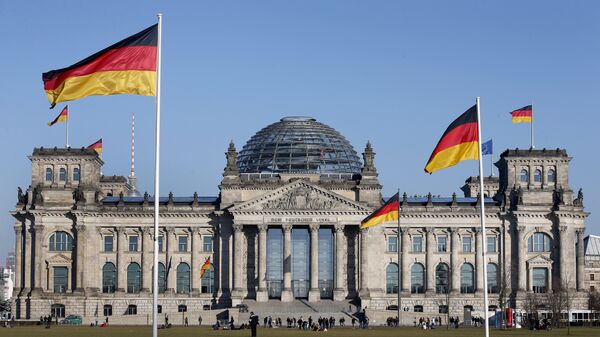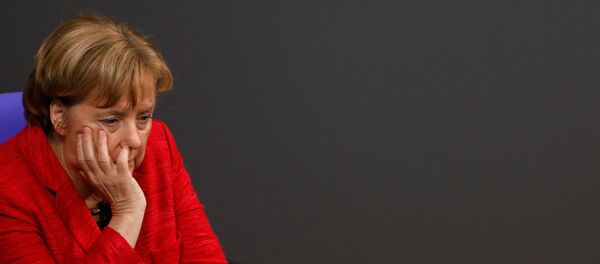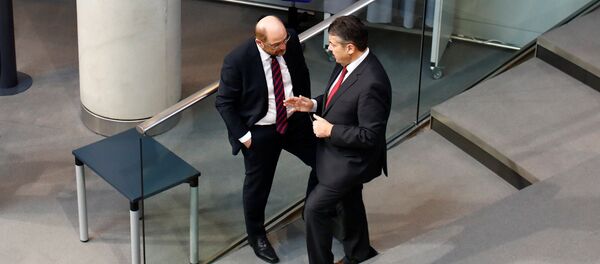The survey by Kantar Emnid for the Funke media group found that 66 percent of SPD members wanted another grand coalition between the two largest parties, while 30 percent preferred a snap election.
The SPD and the CDU/CSU bloc made an agreement on February 7 after months of talks. The pact needs the support of all SPD members, who will vote on it in a postal ballot starting next week. German Chancellor Angela Merkel announced that her CDU/CSU alliance finally completed the negotiations on forming a coalition government with the social democrats.
The parties agreed earlier on a draft coalition deal, which has been approved by CSU and is due to be voted on by the congresses of the CDU and SPD.
According to the draft agreement, the SPD received ministerial portfolios in the Foreign, Finance, Justice, Labor and Environment Ministries, as well as of the Ministry for Family Affairs. The party will also nominate the vice chancellor. In turn, the CDU has obtained five ministerial portfolios, including the Ministry of Economic Affairs and Energy, as well as the Defense Ministry.
During the Merkel-led coalition's last term, its "open-door policy" for migrants prompted criticism from those claiming that the security situation in the country had worsened due to the inflow of migrants.
The coalition was also criticized for lack of tax reform, with German rates being the second highest to Belgium when it comes to developed countries worldwide.
Following the formation of the new coalition government, Angela Merkel will assume the office of chancellor for her fourth term.




